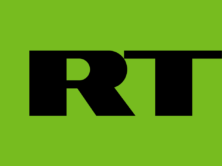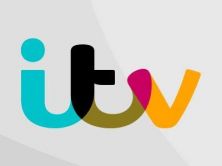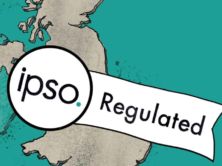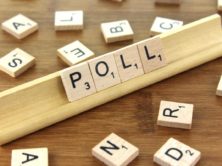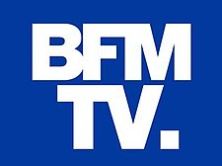
(Credit: Media Council of Kenya, screenshot)
Kenyan journalists were trained on “media ethics, election reporting and audience-led reporting” last month, according to a UNESCO report.
UNESCO, Kenya’s Media Council, BBC Media Action and the Canadian High Commission held the Oct. 22-23 workshop, which Media Council Programmes manager Victor Bwire told iMediaEthics is one of many workshops that the government-backed Media Council is involved with.
iMediaEthics asked Bwire how many people participated in the workshop, how participants were selected, what the council’s complaints process is like, and for more information about the code of conduct and the election guidelines. Bwire told iMediaEthics that the council holds “trainings every week throughout the country on different topics to accredited journalists selected by news editors of various media houses” and that 40 journalists attended the Oct. 22 workshop. He added that the council is “funded by the government” so “trainings are free” for participants. For our other questions, he directed us to the website.
The Media Council’s website explains it handles complaints from the public, government or media about media. It also will:
- “Promote ethical standards among journalists and in the media”
- “uphold and maintain the ethics and discipline of journalists”
- “Conduct an annual review of the performance and the general public opinion of the media, and publish the results.”
Complaints are handled by the Complaints Commission, which is described as an “independent organ of the Council” that is also “free and independent of the Media and Government.” The council’s website explains:
“The Complaints Commission consists of five members appointed by the Council but are not members of the Council. They include a chairperson who has held a judicial position or is an advocate of the High Court of Kenya of not less than 10 years standing and four other persons possessing experience and expertise in journalism and related fields.”
According to the UNESCO report:
“The two-day training workshop provided general information on journalists’ ethics and responsibilities. It introduced the Council’s Code of Conduct as well as its updated election coverage guidelines. The training programme also included a course on safety and protection of journalists.”
The Media Council’s conduct code “governs the conduct and practice of all media practitioners in the country,” according to its preamble. The code dictates on accountability, anonymous sources, accuracy, checkbook journalism, discrimination, undercover reporting and reporting on children and victims.
Check out all of iMediaEthics’ reports on Kenyan media ethics and press councils and their work.

